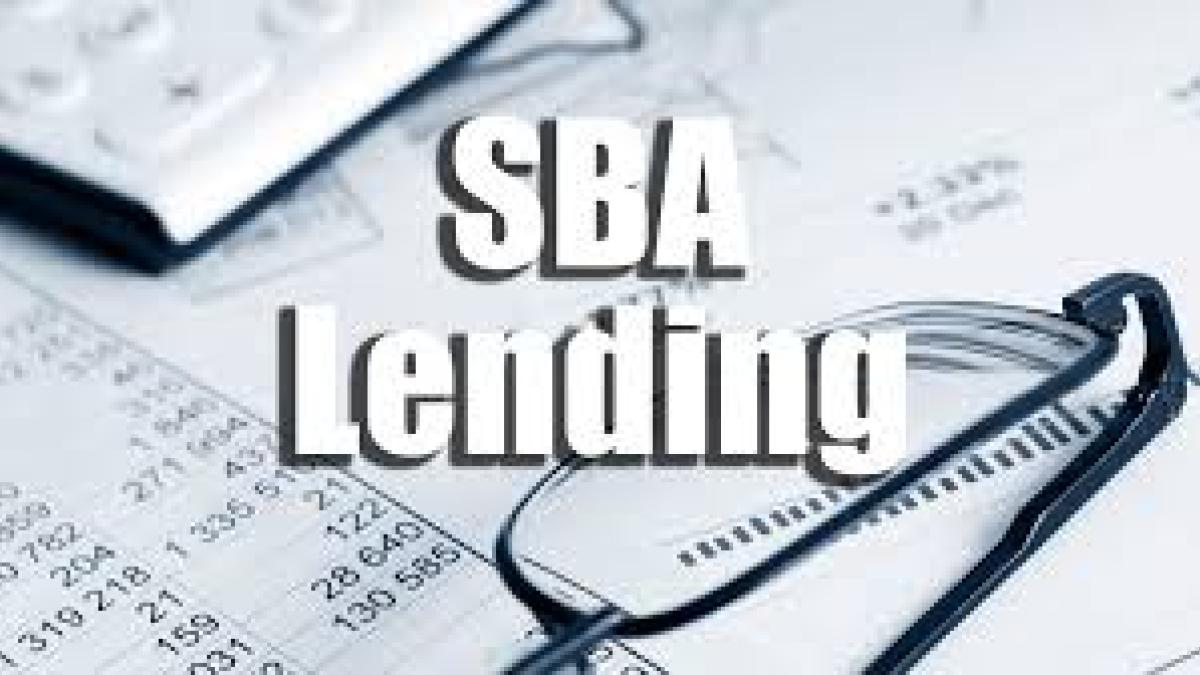Why Every Business Should Consider an SBA Loan
Access to affordable financing is a challenge for many businesses including both startups and established organizations. SBA loans, or loans backed by the Small Business Administration, are often the ideal solution for companies looking for funding.
Despite their name, SBA loans aren’t administered by the Small Business Administration; these loans are funded by partner lenders able to offer loans at favorable terms thanks to the SBA’s loan guarantee program.
There are actually three types of SBA loans, each of which cater to a specific type of buyer or purchase. Because each type of SBA loan presents significant advantages over competing funding sources, any company looking to borrow should consider an SBA loan. In fact, there are four primary advantages to choosing an SBA loan that benefit organizations and entrepreneurs looking to borrow.
1. Versatility
Because the SBA administers three loan programs, there’s great flexibility in what SBA loans can be used for and who is eligible to borrow. There are three SBA loan programs, which include:
- 7(a) Loans: These are the most popular SBA loans because of the flexibility they offer. Loans can be used for almost any purpose, including to purchase or expand an existing business; refinance business debt; purchase machinery or equipment; purchase land; or repair existing assets. Companies can borrow up to $5.5 million and loan repayment terms vary depending whether the loan is for working capital; mixed use; business or equipment acquisition; or for the purchase of real estate. These loans are available from First Home Bank to businesses nationwide.
- 504 Loans: These loans, administered as part of the SBA’s Certified Development Company program, provide financing for the purchase of real estate, machinery, or other fixed assets. Companies looking to invest in their facilities or purchase land or buildings can secure loans to be repaid over as long as 25 years. These loans are available from First Home Bank to businesses in the immediate Tampa area.
- Microloans: These small loans valued at up to $50,000 are designed for beginning entrepreneurs, and smaller companies that need only a minimal influx of funding.
2. Easier access to capital
The SBA guarantees up to 75% of funds for SBA 7(A) loans and up to 90% of funds for international export loans made by partner banks. This government guarantee reduces risk to partner lenders who are, in turn, more willing to make loans to businesses. Easier access to capital allows companies to grow and expand in situations where securing a loan would otherwise be an impossibility.
The SBA does establish certain minimum qualifying requirements, including proof of ability to repay. However, the qualifying requirements for SBA loans are almost always less stringent than the requirements to obtain loans without an SBA guarantee. In fact, the SBA specifically aims to make loans available to companies that could not otherwise secure traditional sources of funding.
3. Low down payment requirements
Working capital, debt refinance and inventory purchase SBA 7(a) loans do not require down payments. SBA 7(a) and 504 loans utilized for business acquisitions or commercial real estate purchases can require down payments, but the down payment requirements are typically lower than non-SBA loans. SBA microloans do not always require down payments.
Not having to put down a substantial amount of money to secure funding makes it easier for cash-strapped businesses and startups to obtain the money they need for continued operation or expansion and growth. Low down payment requirements also mean companies can secure loans without tying up large amounts of working capital.
4. Generous repayment terms
Repayment terms are often longer on SBA loans than on similar loan products not backed by the Small Business Administration. A longer repayment timeline means lower monthly payments, which provides greater flexibility for borrowing businesses. The loan repayment term is also determined based on the use of the funds and not dependent upon the collateral pledged to guarantee the loan.
SBA loan repayment terms vary by loan type and loan program. Most SBA loan request can be repaid over a 10-year period. This includes working capital loans and other loans. SBA loans used to purchase commercial real estate have extended repayment terms of 25 years. Loans with terms up to 15 years have no prepayment penalty and can be repaid on a schedule that fits your company’s budget.
SBA Loans are Always Worth Considering
When securing capital to fund operations, acquisition, or growth, businesses should consider easy qualifying requirements, minimal down payments, and flexibility in repayment options. SBA loans have all of these characteristics. Borrowers who obtain SBA loans will also gain access to a wealth of resources, including access to SBA-affiliated enterprises that offer training and educational opportunities.
Contributed by: First Home Bank

